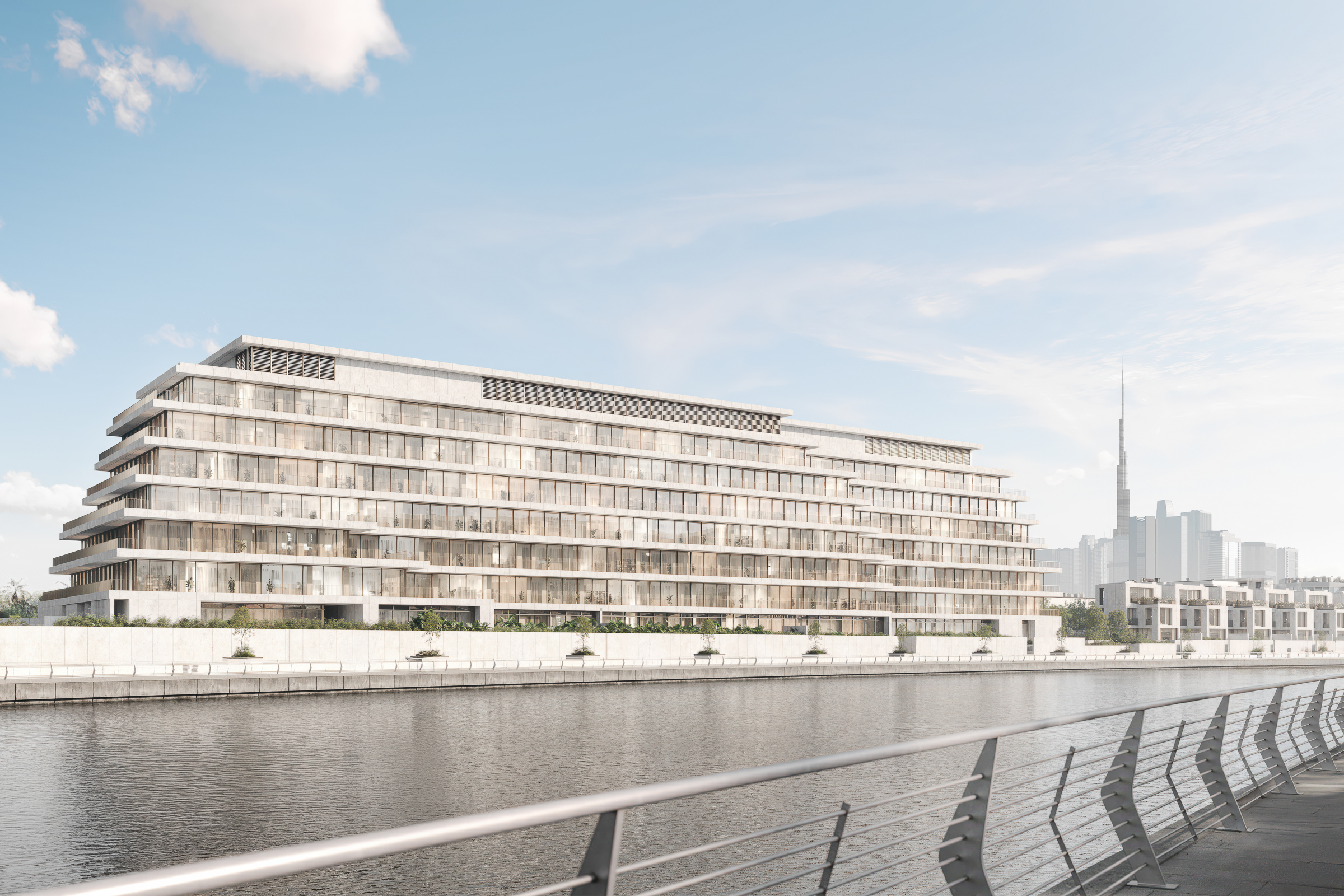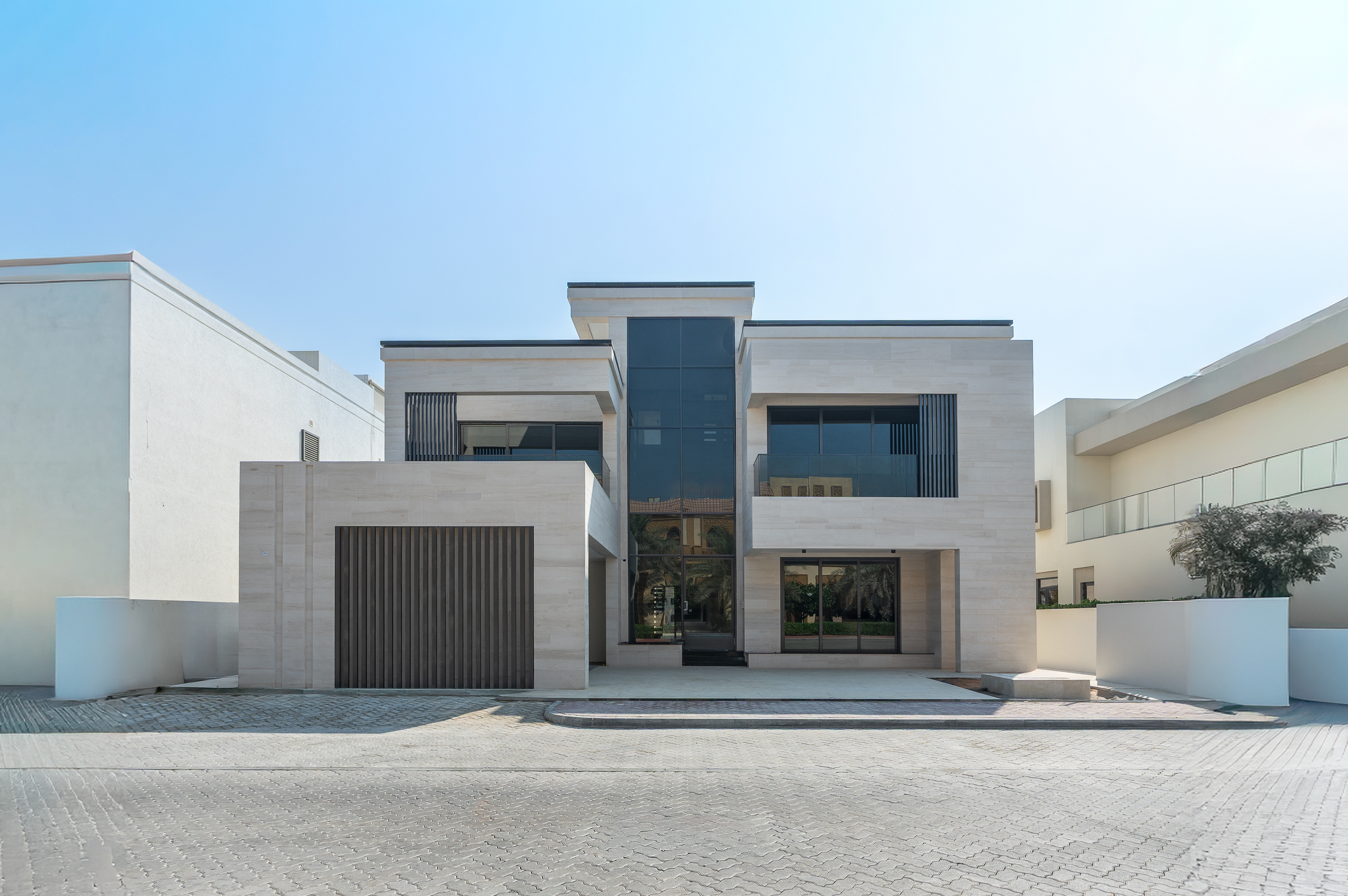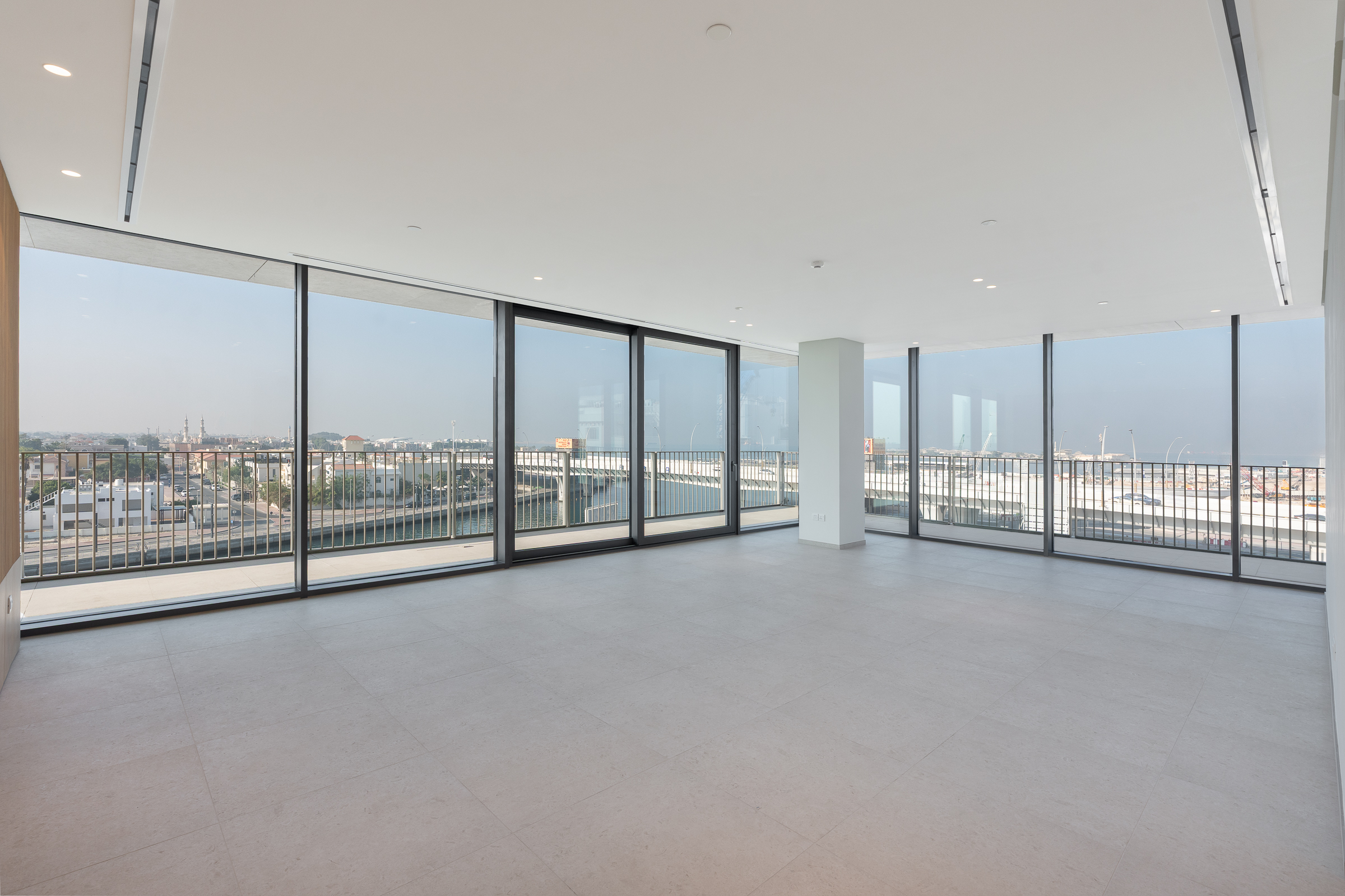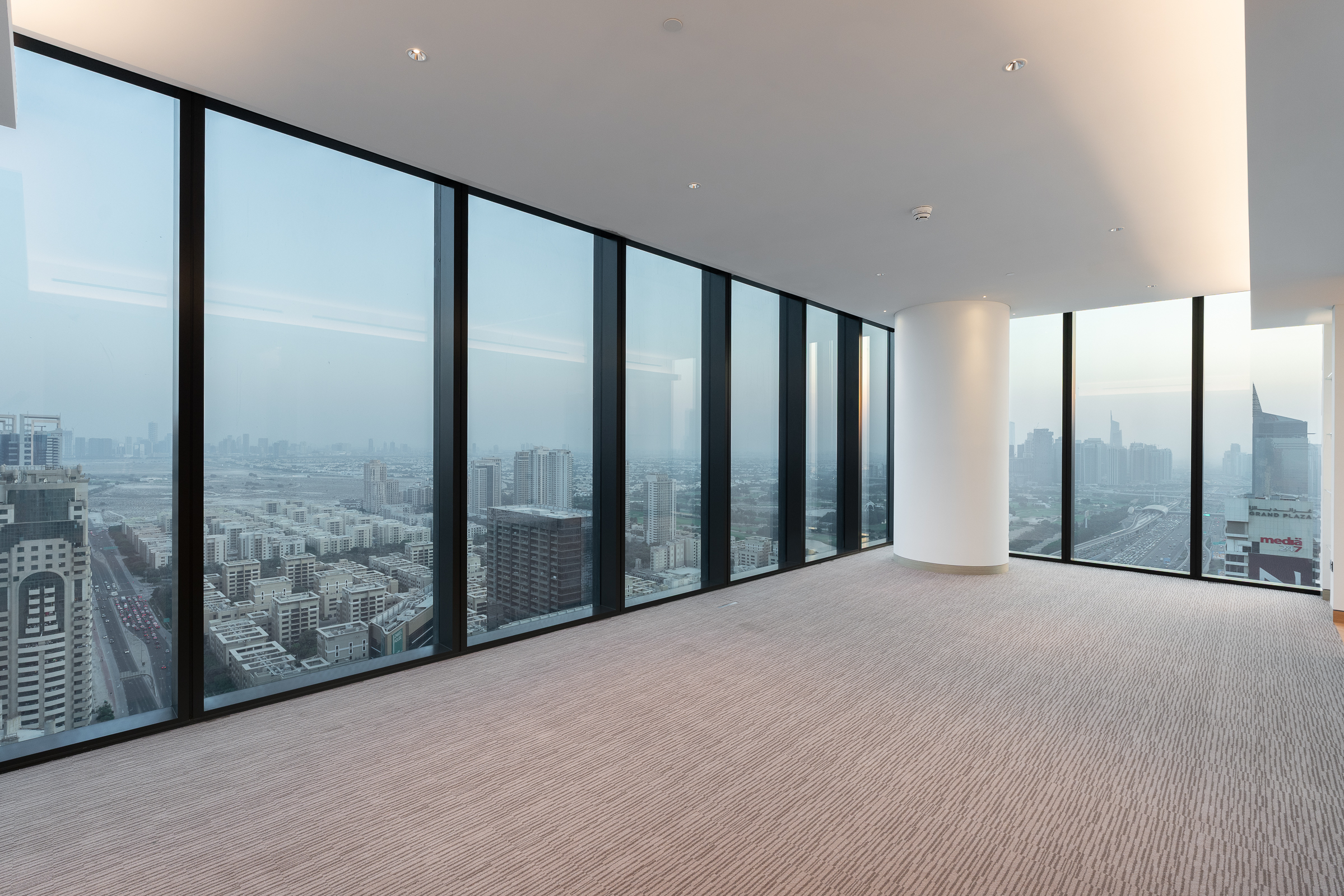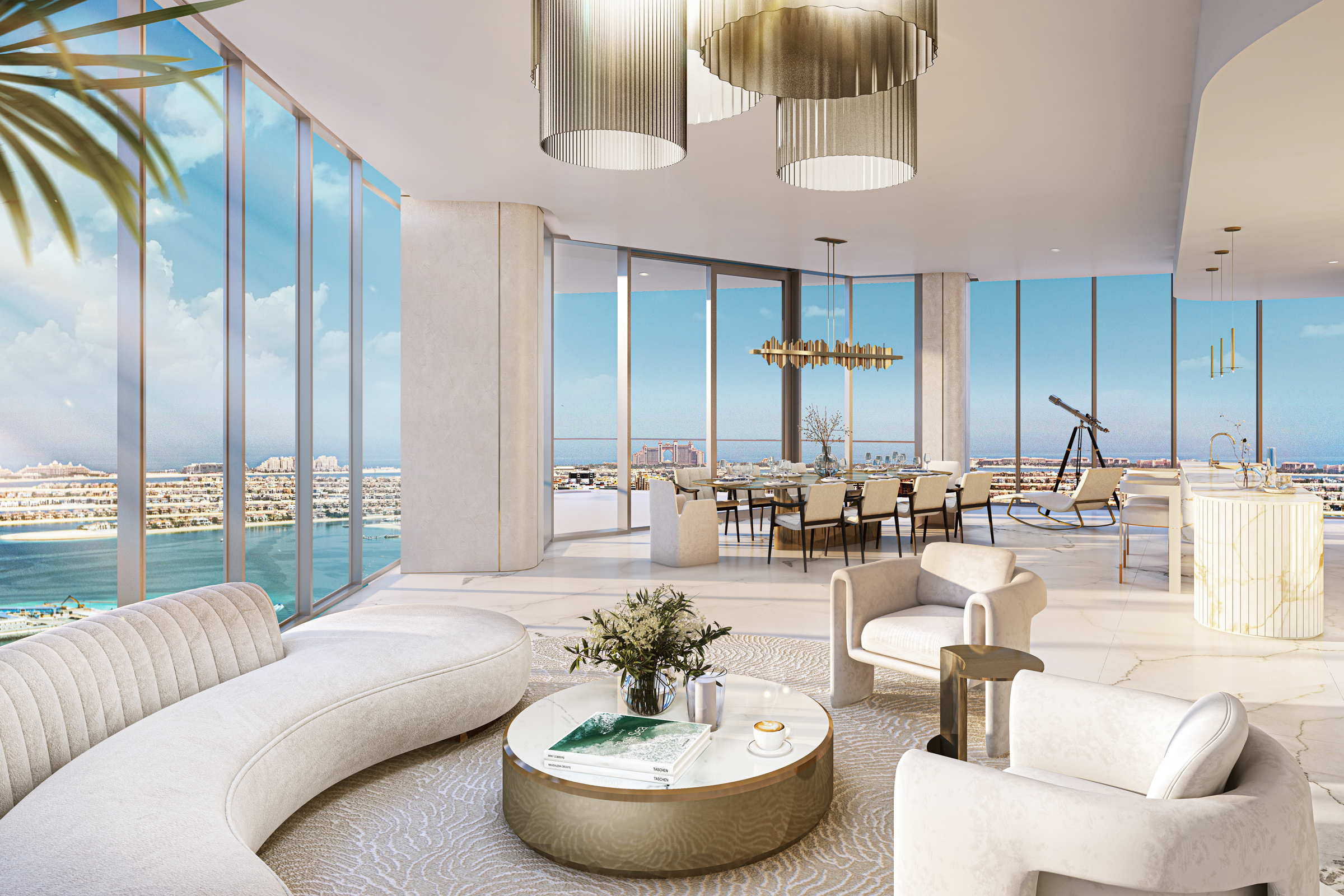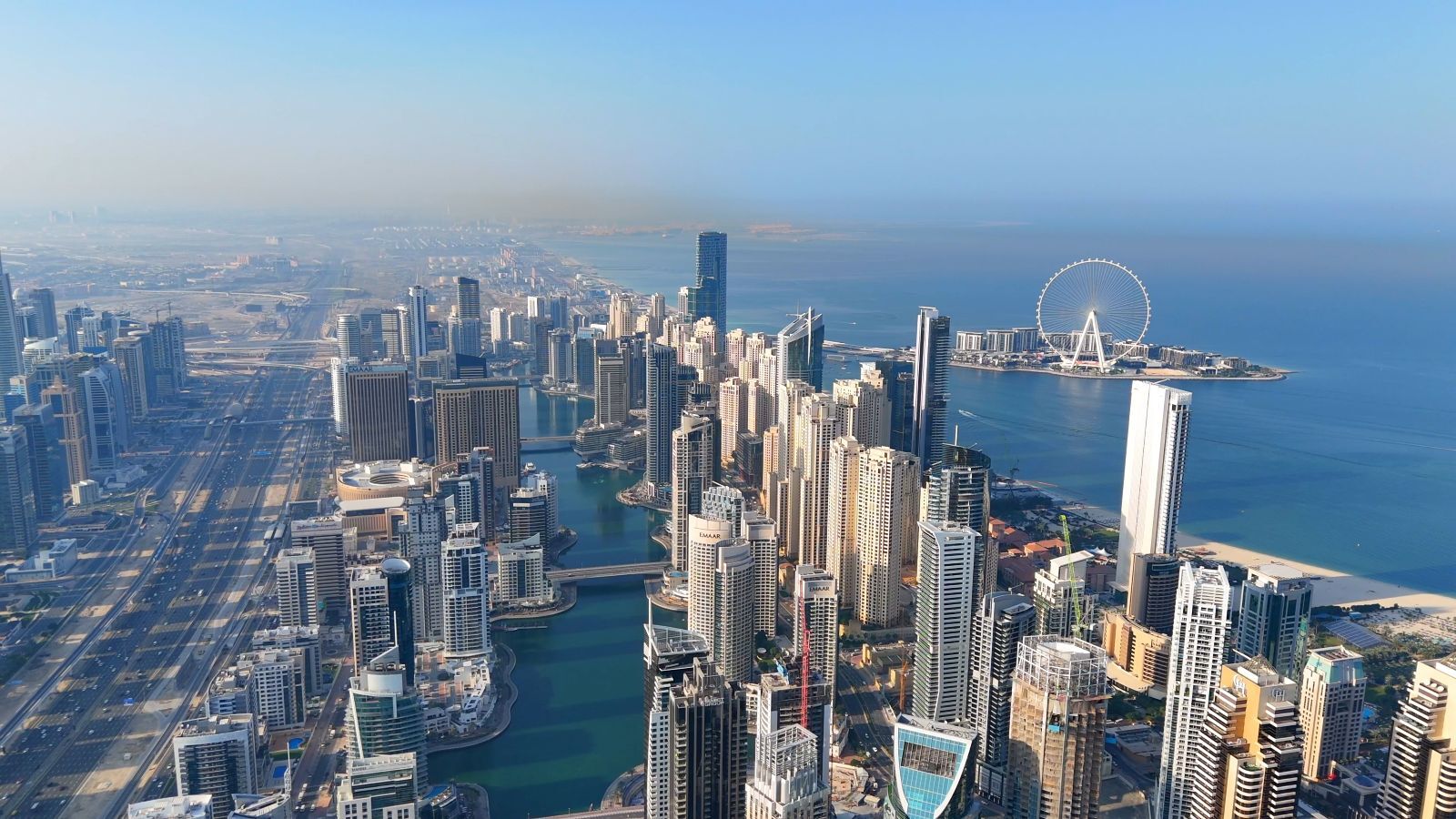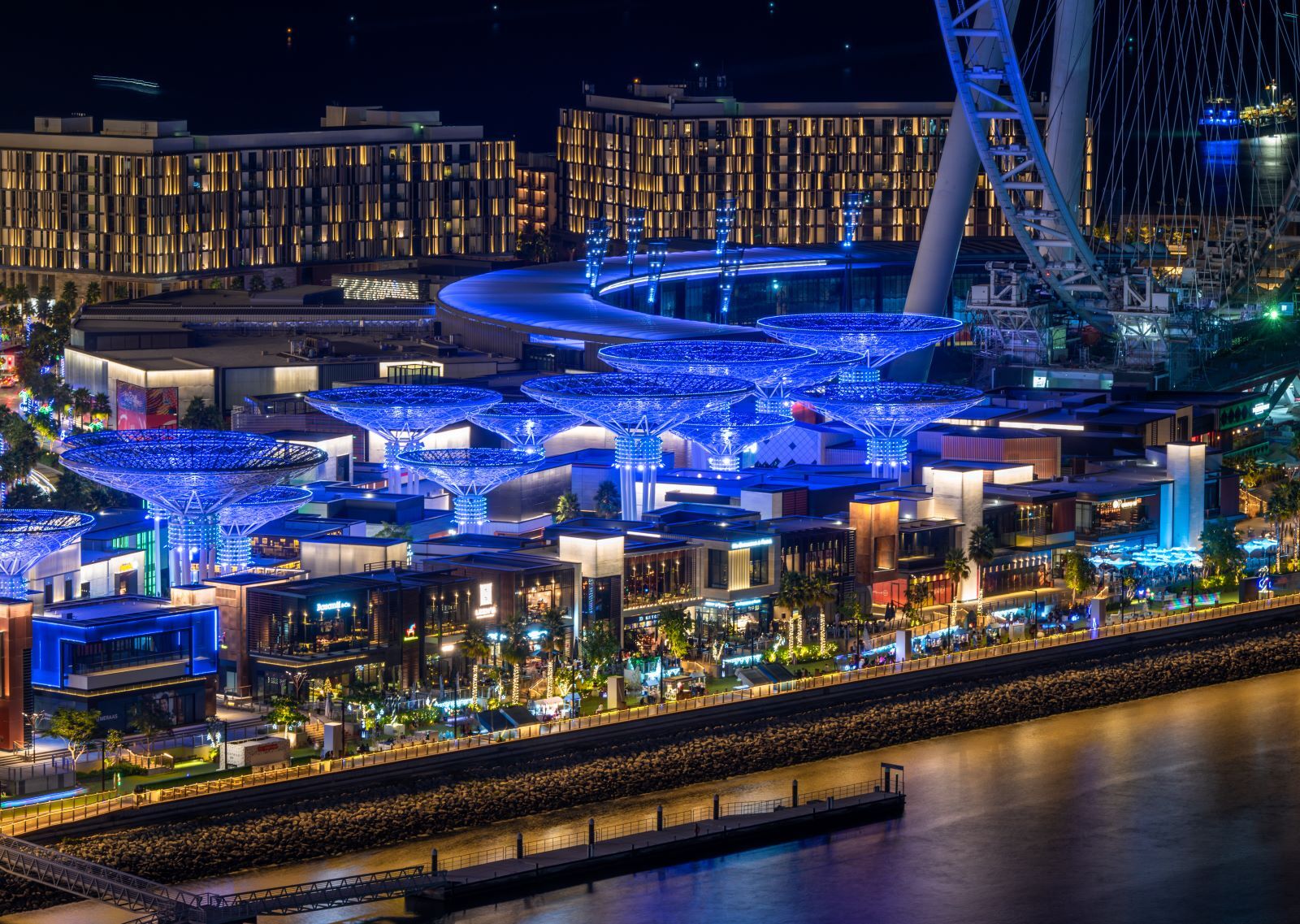How to Buy Property in Dubai From UK: A Brief Overview
Published: 20 June 2025
With a record number of British nationals relocating to Dubai, the city is now home to around 240,000 UK expats. Year-round sunshine, modern architecture, as well as attractive tax laws mean many are here for the long haul, with the UK representing the highest percentage of foreign property investors outside the Indian market. Other British nationals recognise the opportunity of owning an investment property in Dubai.
This guide outlines the key steps to owning property in Dubai, whilst remaining fully compliant with the laws of the land.

Initial Considerations
When buying a property in Dubai from the UK, proper representation is paramount. High-net-worth individuals need to know where they stand from a legal perspective, and they must understand the difference between buying as a resident and a non-resident. Whilst both groups are legally entitled to buy property in Dubai, there are a couple of minor differences.
Non-residents should be sure to have local management in place if they’re abroad for a large part of the year. There is also a benefit in the case of buying property worth AED 750,000 or more. This allows investors to apply for a renewable 2-year property investor visa. Should you happen to buy a property worth more than AED 2 million, then you can qualify for the 10-year Golden Visa. Whilst there is no property tax in the UAE, buying property in Dubai may have some implications on your UK tax status, which is worth considering.
Identifying Your Property - Investments
Buying investment property comes with a few key factors. Arguably, some of the most important are mapping out the ROI, rental yields and property maintenance costs. Other considerations, including expected capital appreciation, as well as vacancy periods, will also have an effect on the property you wish to invest in.
When buying in the city, you should also consider the speed at which properties are transacted. If you find something you like, it’s a good idea to move fast, as the market is extremely fluid. It’s also important to distinguish between off-plan and resale. Off-plan (under construction) can offer a more competitive price, but resale properties can offer good value, especially if they have been on the market for a while.
Identifying Your Property - Homes
Working with a trusted property consultant, who also operates as a wealth advisor, to factor in budget logistics is a smart move. Careful consideration needs to then be given to choosing the right area for you: Do you value neighbourhoods with good restaurants? Are you looking for excellent education for children? Are you somebody who needs plenty of space? These reflections can make or break a neighbourhood for some, and you need to make sure you fully understand the pros and cons of each area.
Once you have identified your asset, with the help of a local real estate agent with in-depth knowledge of the property and also the infrastructure surrounding it, it’s time to arrange a viewing. One thing to understand about Dubai is that it is vital to have proper representation by a trusted property consultant.
Just like buying an investment property, it’s a good idea to move fast once you’ve identified the plot you wish to acquire, as the Dubai property market can be extremely fluid.
Researching the Market
Before making an offer, you need some key information from your broker, who should have already been properly researching prices in the surrounding area and have a good understanding of market trends – agents have access to some key data sources and a good one will be able to advise you properly. These are all part of the process leading to securing a good asset. Dubai property prices can be affected by various factors such as the economy, as well as supply and demand. Are you looking during a buyer’s or seller’s market? Are you buying during a seller’s or buyer’s market cycle?
Budget and Costs
Deciding on a budget is also key. Buyers should also take into consideration things such as securing a mortgage (if needed), which will take into consideration you financial status. Should you find you need a mortgage, you need to factor in the loan-to-value ratio, which in the UAE is 80% for properties below AED 5 million and 70% for properties above the same figure.
You should then factor in the 4% fee paid to the Dubai Land Department (DLD) – the government branch responsible for documenting property transactions – and the 2% broker’s commission. In a nutshell, this means there are extra liquidity requirements to the tune of 6%. Taking all this into account will help you further down the road, without forgetting to make allowances for things like agent commissions, registration and transfer fees and other things you might be unaware of, such as maintenance fees.
Making an informed initial offer can make negotiations smoother and give you a better sense of the market. Being adept at managing your expectations will benefit you, so listening to your real estate agent can also increase your chances of having your offer accepted. These are the real experts, so be sure to take their advice on board.
Signing the Memorandum of Understanding (MOU)
Once your offer has been accepted, the next step is to pay the deposit and then sign the MOU. A well-drafted MOU (or Form F) – known as a sales contract in the UK – which will be prepared by the buyer’s realtor, is key to minimising any potential problems at a later date. If you happen to be buying an off-plan property, you would sign a Sales and Purchase Agreement (SPA), as opposed to an MOU.
What the MOU Should Include
Key elements of the MOU include clear identification of the parties involved – names and personal details of the buyer and seller, as well as details of any third parties involved, such as agents or brokers, should also be included. A detailed description of the property would also need to be noted, outlining basics such as address and size, as well as any unique details about the property.
Other important things to record would be details of the deposit – a minimum of 10% must be provided by the buyer as security – the agreed upon price (and any conditions that might entail), details of any instalments and due dates, as well as deadline details (the expected date of property transfer, for example). Contingencies must also be included – for example, if financing approval is required, as well as any agreed-upon obligations or responsibilities either party wishes to include in the transaction.
Finalising the MOU
Once everything has been outlined, the MOU then needs to be signed and dated by all of the involved parties. This indicates their legal agreement to the terms and conditions outlined in the document. Some other things to consider regarding the MOU are that it must be legally created in both Arabic and English, and all figures must be quoted in UAE Dirhams.
Completing the Transfer – Obtaining the No Objection Certificate (NOC)
Completing the transfer happens across several distinct steps. Once the MOU (or SPA) has been signed, your seller must then provide a No Objection Certificate (NOC), which is obtained from the property’s developer in order to ascertain that the property has no outstanding fees or service charges and that that the developer has no objection to the property being transferred.
Property Valuation by the Dubai Land Department (DLD)
The Dubai Land Department (DLD) also has regulations in place to make sure the property is being sold at fair market value, so after the NOC has been issued, a DLD-approved valuer will visit the property to make their official valuation. This will help to protect both buyer and seller and ensure that proper market conditions are being met.
Transfer of Ownership and Registration with the Dubai Land Department
Assuming the property ownership process goes smoothly, the Transfer of Ownership is then allowed to go ahead. An approved property registration trustee must be used, which both parties must visit at the same time, which is when the buyer pays the purchase price. The DLD can then update its records to reflect the change of ownership and is now in a position to provide the buyer with the title deed, which is the official receipt or legal proof of ownership. The title deed contains details of the property such as location, size and previous owners.
However, the property still isn’t legally transferred until the sale has been registered with the DLD. Failure to register the sale could result in problems in the future.
Further Considerations for Foreign Investors
For investors who might not be based in Dubai, there are a couple of other things that should be considered. Whilst Dubai is famous for attracting foreign investment, there are still some restrictions on foreign ownership in certain locations. Investors must make sure the property they are buying is located in a specified freehold area. If they are unable to be present throughout the transfer process, then a power of attorney must be designated. This will allow someone to act on behalf of the absentee investor.
Lastly, it is important to understand currency exchange rules. Dubai operates in the local currency, UAE Dirhams, so it is imperative to be aware of the exchange rate and any other fees to minimise any surprises during the transfer.
Buying property in Dubai offers a significant ROI should you wish to invest, and an exclusive lifestyle should you decide to move to the city. With property prices across the Emirates, driven by high levels of demand, showing no signs of slowing down, capital appreciation offers another opportunity for investors and end users alike to take advantage of the Dubai property market.
Discover: Luxury Properties for Sale in Dubai
The Rings, Jumeirah
- 7
- 6
- 11,302 SQ.FT.
The Jasmine Collection, Jumeirah Golf Estates
- 9
- 5
- 4,972 SQ.FT.
Eden House The Canal, Jumeirah
- 2
- 1
- 962 SQ.FT.
Garden Homes Frond N, Palm Jumeirah
- 6
- 5
- 8,500 SQ.FT.
Eden House The Canal, Jumeirah
- 5
- 4
- 3,632 SQ.FT.
The S Tower, Dubai Internet City
- 5
- 4
- 5,062 SQ.FT.
Six Senses Residences, Palm Jumeirah
- 7
- 5
- 26,514 SQ.FT.
Palm Beach Towers 2, Palm Jumeirah
- 4
- 3
- 2,743 SQ.FT.
Palm Beach Towers 2, Palm Jumeirah
- 3
- 2
- 1,546.31 SQ.FT.
Amali Island, The World Islands
- 7
- 6
- 15,531.57 SQ.FT.


